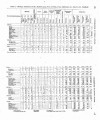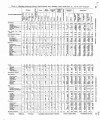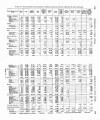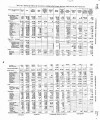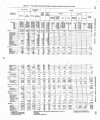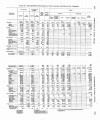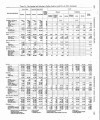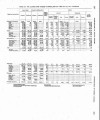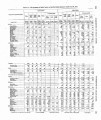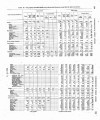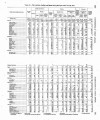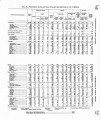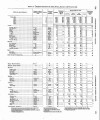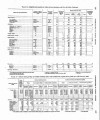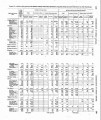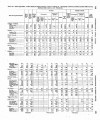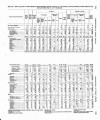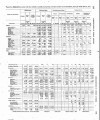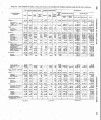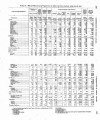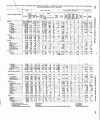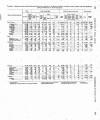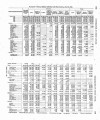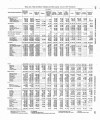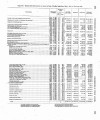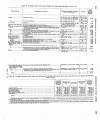| OCR Text |
Show ~~ r ,.,, , , , 70 COMMISSIONER OF INDIAN AFFBIRS. pose for which it was intended, the activities .and expenditures in the Indian Service'have so increased in the last fewyears that the business could not be handled satisfactorily under the old system, and a general revision was imperatively demanded. By authority and direction of the Indian appropriation act approved June 30, 1913 (38 Stat., 103), an entirely new system has accordingly been . , 1 'worked out and installed, which will better take care of the work and enable the department to furnish Congress %ith the detailed in-formation it requires with respect to expenditures and appropria-tions. 4 Making a complete change of system in a bureau having so many 1 -field officers in 26 States and which controls and keeps account of disbursements aggregating approximately $20,000,000 per annnm ' was a stupendous task, but it was.accomplished with very little ap-preciable confusion or interruption to thacurrent work. The superintendents and employees having to do with accounts and disbursements throughout the entire service were brought together at the several institutes during the summer, where conferences were held, instructions given, and discussion had of Order Nd. 7, to the end that all concerned might quickly arrive at n comprehensive understanding of the new accounting system. THE EYES OF THE INDIAN SERVICE. ~ h b r o i ~ h ~ aonidn f~re quent inspection is the surest safeguard against inefficiency and fraud. Millions of dollars invested for the Indians in land, stock, timber, 'oil, minerals, etc., are intrusted to the care of many persons who are employed by the Government. These material interests are closely interwoven with their social and industrial life. Few persqns understand the exterisive and intimate association which the Indian. Bureau has with the more than 300,000 Indians of the United States. This association touches the home, the school, ' the farm, and the field. Six thousand employees come into almost daily contact with them. Every walk of life and every ldhd of intel-lgctual and professional ability is represented in these evployees. While the greatest care is exercised in their selection, the .inefficient' , ' and unworthy occasionally find an entrance.. To discover tliem i s , very important for an efficient administration of thi's great trusk. Inspectionin the past has been inadequate and loose. This fact was quickly disclosed and a corps of faithful and intelligent men ,with human sympathy and business acumen was obtained. The inspecting corps is a h e body of 18 well-equipped men engaged weeding out the incompetent, inefficient, and unworthy. Their duties are constructive in character with, a view to promoting the , welfare of the Indians-morally, industrially, and otherwise.' |




























































































